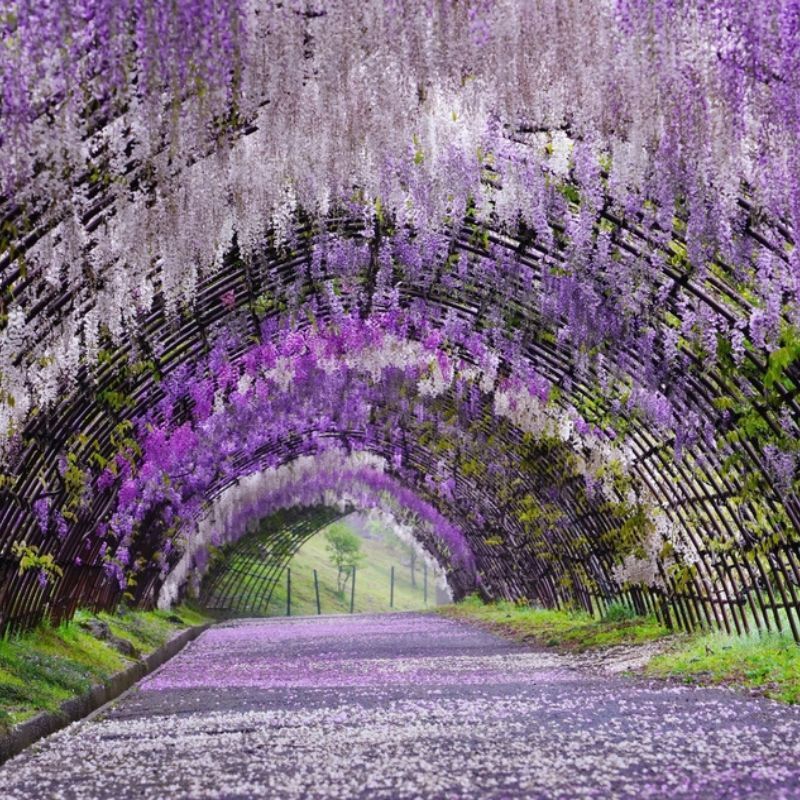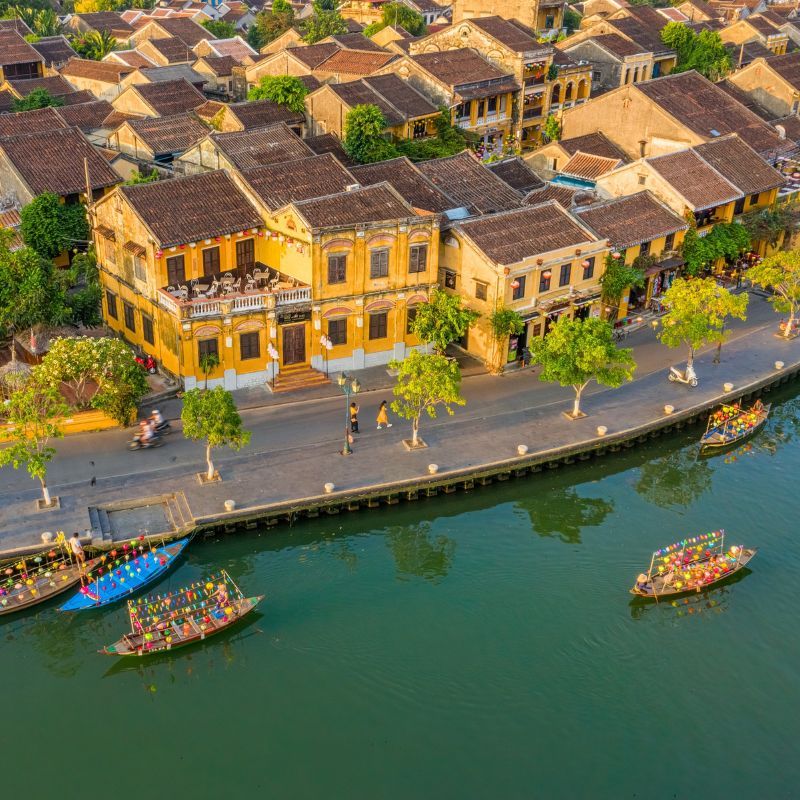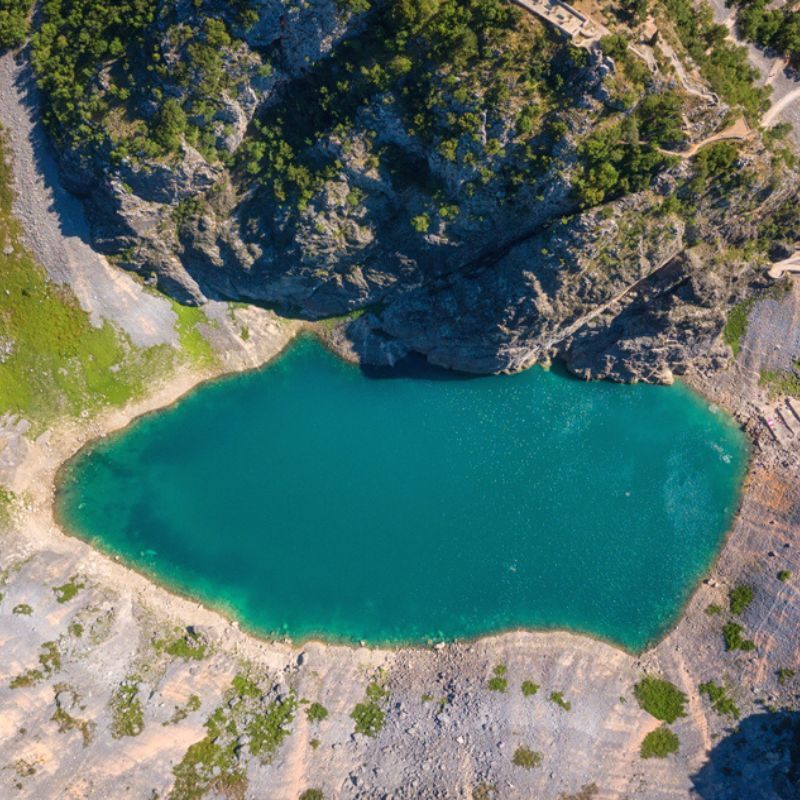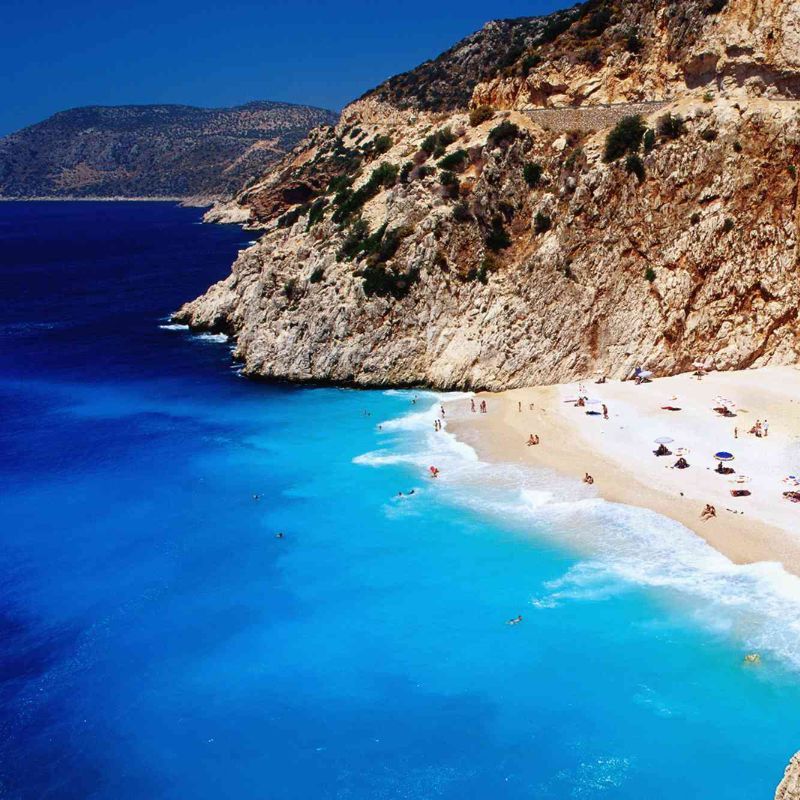
Mehrangarh Fort has adapted with the times, thanks to the owners’ vision to invest in its shared heritage. By Radhika Tandon
Many heritage properties have been turned into hotels and tourist sites, and countless more have fallen into ruin. Mehrangarh Fort stands out, not just as one of Rajasthan’s most impressive forts, but as a thriving entity in the life of modern Jodhpur.

The city of Jodhpur grew around the fort, which was built by Rao Jodha of Mandore in 1459. Since then, it was occupied more or less continuously by his descendants, the Rathores, until their move to the Umaid Bhawan Palace in 1952. There is a story the guides at Mehrangarh Fort will tell you—romantic if not entirely accurate—of how the infant king, Ajit Singh, was smuggled into the forest by a loyal retainer in 1678, to protect him from Emperor Aurangzeb. For 29 years the Mughals occupied the fort, until the now-grown king emerged from the forest to rally his people and recapture his heritage. Ajit Singh is credited with building most of the fort as it stands today.

The Citadel of the Sun is built on a rocky cliff 122 metres above Jodhpur, and its walls soar over 30 metres in places. Its benign presence is inescapable—you can catch glimpses of the fort from virtually anywhere in the old city. For 500 years, Mehrangarh was the centre of power here. The rulers and their families lived in palaces within its walls, its temples were open to worshippers from the city, and its consistent patronage of the arts made it the region’s cultural hub.
The weight of history aside, today, Mehrangarh Fort has taken on a new avatar. The present owner, Gaj Singh, or Bapji as he is fondly referred to, laid the foundations of this reinvention by creating the Mehrangarh Museum Trust in 1972. One of the first initiatives of the trust was to set up the Mehrangarh Museum, which comprises several galleries that exhibit around 15,000 pieces donated from Bapji’s personal collection. As you stroll through the fort, from gallery to gallery, the exhibits are put in context and history brought to life. There are myriad displays, from priceless historical artefacts, art, palanquins, and textiles, to quirky pieces such as a pair of eight-kilogram dumb-bells that once belonged to a queen.

You can also wander through some stunning rooms, such as the Phool Mahal (Palace of Flowers), its ceiling decorated with gold filigree brought from Gujarat. Peer up into one of the alcoves to see the faint, unfinished pencil sketches left by the 18th-century artist who died while painting it. In the Sheesh Mahal, the floor-to-ceiling intricate mirror-work is interspersed with colourful paintings. In the armoury room, the personal swords of Emperor Akbar, Rao Jodha, and Timur are on display.
If you happen to visit in the afternoon, inquire about the traditional feeding of the eagles. These birds are considered the protectors of Jodhpur, and every day, visitors are treated to the spectacular sight of a man standing high up on a platform throwing morsels of food up in the air, with hundreds of eagles sweeping down for a meal.

A visit to the fort is unlike any other historic tour in the country, given its excellent planning and curation. It’s no surprise then that Mehrangarh draws over a million visitors each year. The museum shop, which feels more like an eclectic boutique, is the only Indian accredited member of the Museum Store Association, an international association of non-profit retail professionals and museum store vendors. It showcases the best of art and craft from the region, carefully selected to appeal to global tourists. Started on a shoestring budget in 1998 as an experiment, it now accounts for a substantial portion of the fort’s income. There is also the crafts bazaar, where 60 local craftspeople are given space to promote their wares over the course of the year. The trust has also had several international travelling exhibitions. The current one, Peacock in the Desert, features 250 pieces of art and treasures, including a Rolls Royce and a massive 17th-century court tent, from the house of Marwar. It opened in Houston last year, and is now moving from the US to Canada before going on to Europe.

There are daily folk-dance and music performances on the fort premises. Since 2007, Mehrangarh has also hosted several unique music festivals, which have become annual events. The Rajasthan International Folk Festival is held in October. The Flamenco and Gypsy festival is another draw, and the World Sacred Spirit Festival in February is firmly established on the world music circuit. The festivals bring thousands of visitors to Jodhpur, and have also led to musical collaborations between traditional musicians and international artists, creating a world of new sounds.

Mehrangarh’s tradition of patronage of the arts is perhaps stronger now than ever before. This is possibly because the fort has been thrown open for the people of Jodhpur to share. Shivranjani, Bapji’s daughter, who spearheads several projects at the fort and is the driving force behind the music festivals, recalls how, as a youngster returning from a UK university, she found words like ‘heritage’ and ‘conservation’ intimidating. It took a while to find her niche within the family’s enterprise. The music festivals, children’s programmes, and now, arts and crafts development are some of the projects she has undertaken. “I wanted people my age to enjoy the space and not see it as daunting—as I had, for it to be accessible to everyone,” she says. “The fort is alive for everyone in Jodhpur, but to mix people from all over the world and the local community at these events [makes] them see it as their fort. And they get to meet the world at their fort.” While she modestly terms her work as ‘fun projects’, these ventures not only create a sense of ownership within the community, but also bring in tourism and generate income that goes back to the people.

Her latest project is to marry modern design with traditional crafts. Jewellery designer Laura Masolek is one of the people involved in this initiative. A visiting Luce Scholar, Masolek collaborated with the craftspeople of the Thatera community, helping design simple jewellery that sold out at a recent music festival.
The fort stays open throughout the week. At the end of the day, when the tourists depart, a handful of visiting scholars, researchers, and interns are left, housed in a space called the Scholar’s Retreat at the top of the fort. What’s it like to stay there, I wonder. “Sometimes, I have to pinch myself,” laughs Masolek. “As a designer and jewellery-maker, I find it inspiring. I feel like I’m living the history.”

Mehrangarh Fort is every inch the living monument envisaged by its current owners. It is also a model for what a broader vision and a sense of responsibility towards shared heritage can achieve. By adapting to a changing world, it remains as relevant and revered today as it has been at any time in the last half-millennium.
THE DETAILS
GETTING THERE
There are multiple direct flights from Delhi to Jodhpur daily.
WHERE TO STAY
Umaid Bhawan Palace (from INR 57,500), RAAS Jodhpur (from INR 21,000), and Ajit Bhawan palace (from INR 9,800) are all luxurious options.
THINGS TO DO
A guided tour of the museum and fort is a must-do. Find the schedule of the music festivals at before you go.
Related: 5 Indian Heritage Properties For The Royal Wedding You’ve Always Wanted










